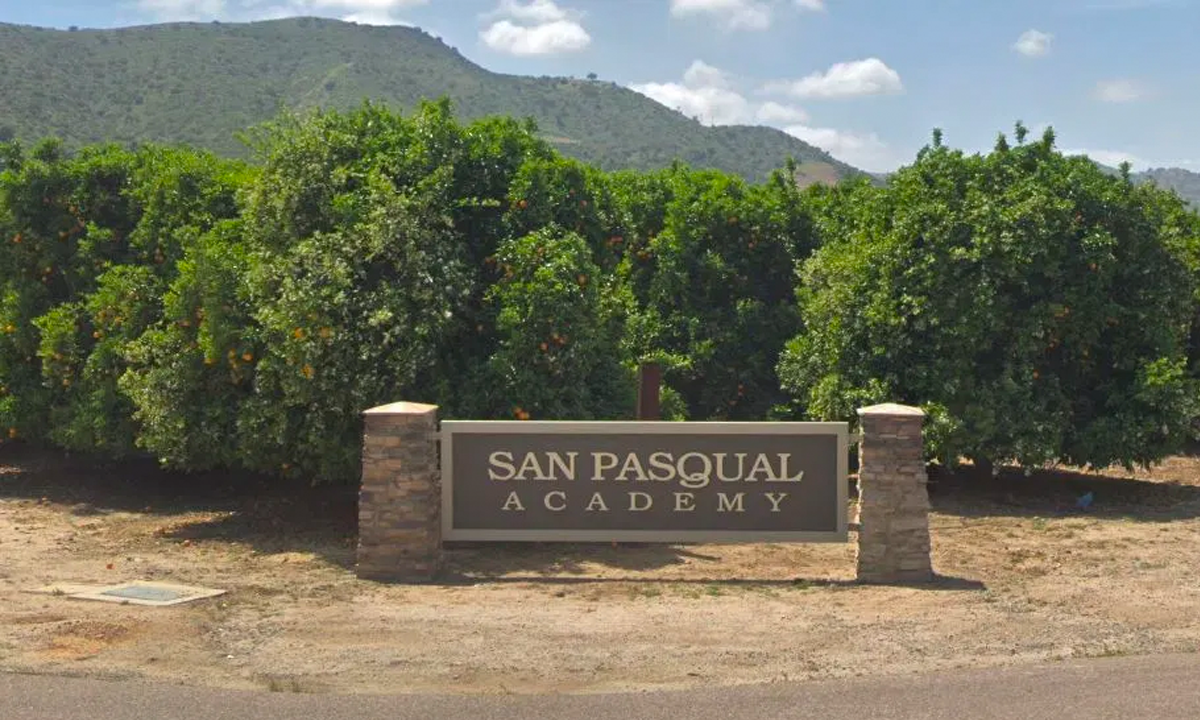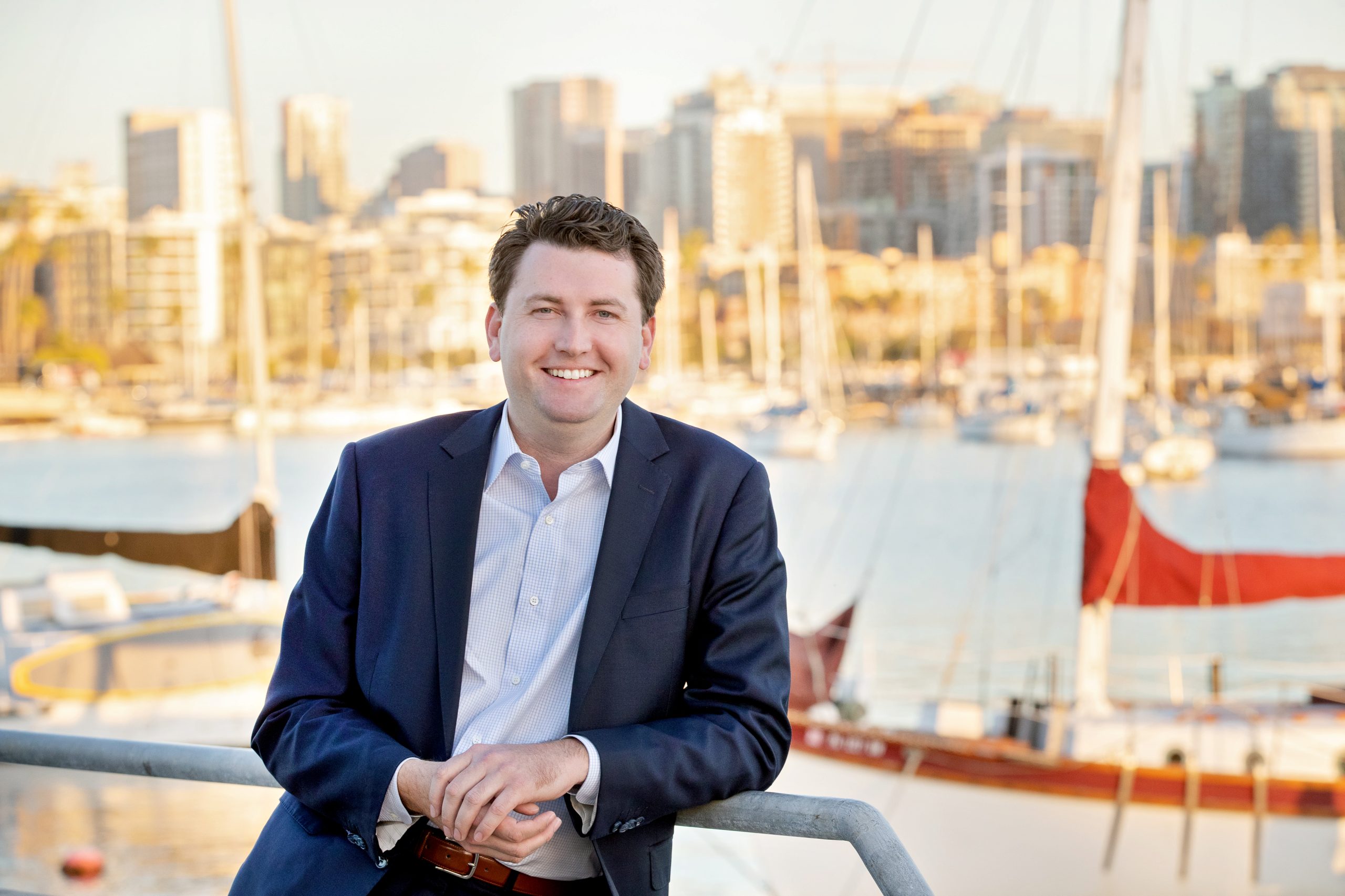Written by Mark Powell, first published by The San Diego Union-Tribune
One of the best ways to prevent homelessness is to address the issues that cause it, and the San Pasqual Academy for foster teens does that. However, changes in state and federal law could force San Diego County child-welfare officials to close the academy for good. If our elected officials are serious about preventing homelessness, they should make sure the San Pasqual Academy remains open permanently and protect the safety and welfare of our most vulnerable students, our foster youths.
Among the populations at greatest risk for becoming homeless are young adults who age out of foster care. In San Diego County, there are approximately 2,858 children in foster care. Therefore, many kids age out of the system every year. Youths who become homeless after aging out of foster care experience high rates of mental health disorders, a high risk of physical or sexual victimization and a lack of access to health care services — the issues that often cause homelessness. And when these foster children term out of the foster care system, within 18 months of emancipation, 40 percent to 50 percent of foster youth become homeless. Nationally, 50 percent of the homeless population have spent time in foster care. The San Pasqual Academy was designed to address these issues and has implemented safeguards for students to prevent homelessness.
From its inception, the San Pasqual Academy has been misclassified as a “congregate care” facility for foster youths — a group home for foster kids — and consequently falls under Assembly Bill 403, also known as the Continuum of Care Reform Act. Adopted into law on Oct. 11, 2015, AB 403 identified “home-based” settings with resource families as the best placement option for foster youth. This act also limited youth placements in congregate care settings, which could explain the decline in enrollment at the academy.
Members of the County Board of Supervisors voted to request an extension from the California Department of Social Services to operate the San Pasqual Academy through June 30, 2022. The extension would delay the academy’s closure, but much more would be needed to keep the academy open permanently. Supervisors need to work with our state legislators to appropriately categorize the San Pasqual Academy as a boarding school or similar designation and not categorize it as a congregate care facility, because it is not. As the name implies, the San Pasqual Academy is an academic academy, complete with a campus, teachers, staff, housing, football field, sports teams, school clubs, individual tutoring and more. It happens to be designed and tailored specifically for foster children, so it has many of the state requirements that protect them, but these requirements are overlaid on top of the basic structure of a full-time academic high school.




